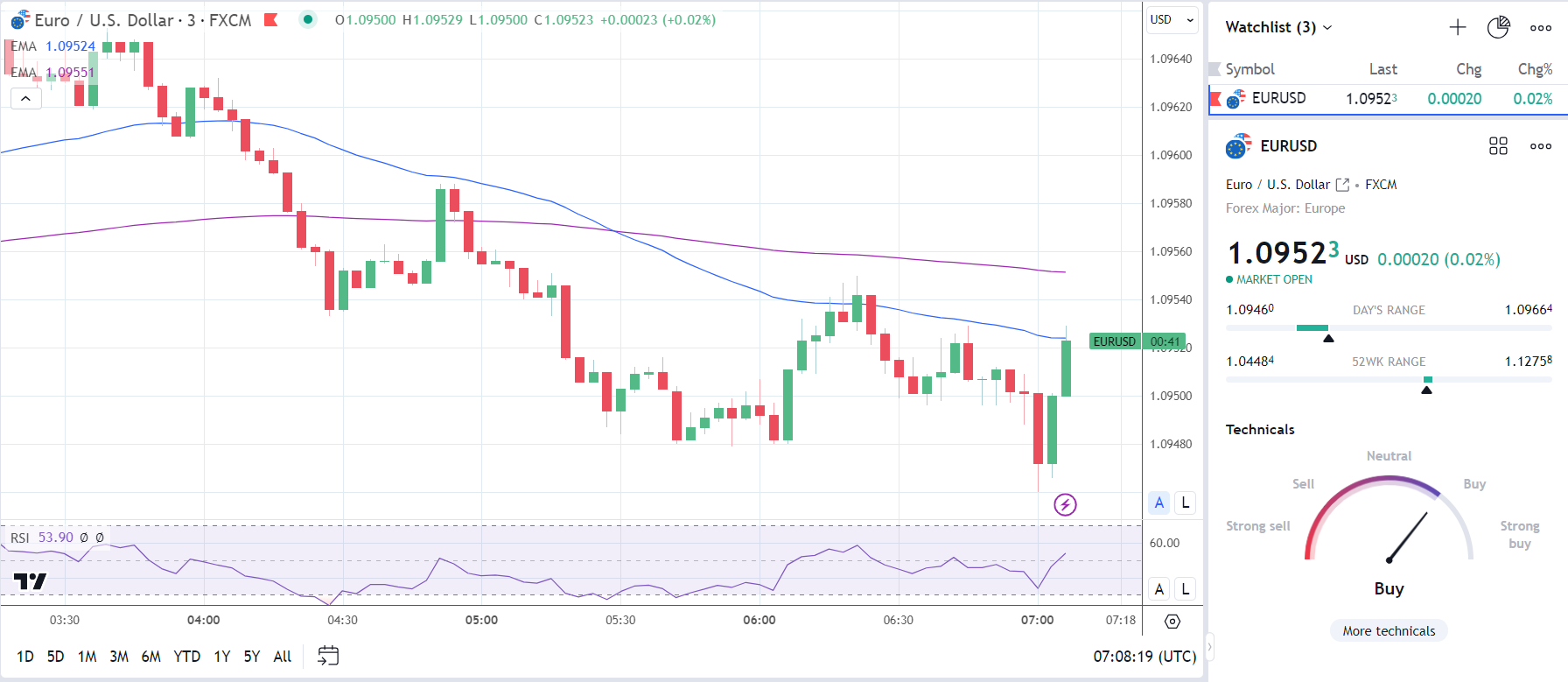
German industrial production data compared to recent trade figures indicate a subdued demand environment.
In November, German industrial production unexpectedly dropped by 0.7%, following a 0.3% decrease in October. Economists had predicted a 0.2% increase.
According to Destatis, industrial production excluding energy and construction decreased by 0.5%. Capital goods production fell by 0.7%, while consumer goods production saw a 0.1% decline. The production of intermediate goods also dropped by 0.5%. However, energy production outside the industrial sector surged by 3.9%, while construction experienced a 2.9% decline.
Comparing year-over-year data, industrial production was down by 4.8% in November, compared to 3.4% in October. The three-month-on-three-month figures were also concerning, showing a 1.9% decrease in the three months leading up to November.
The possibility of a euro area recession persisted in early 2024. The Sentix Indicator on Monday indicated that Germany remained in a recession, affecting the euro area economy. Recent German retail sales and factory orders were unsatisfactory. Despite this, German trade data provided a glimmer of hope. Nevertheless, the industrial production figures correlated with the underperforming retail sales and factory order data.
Prior to the release of the German industrial production figures, the EUR/USD reached a peak of $1.09664 and subsequently dropped to a minimum of $1.09479.
Conversely, following the data release, the EUR/USD decreased to a low of $1.09460 before climbing to $1.09529.
The following day, the EUR/USD saw a 0.02% increase, reaching $1.09523.

090124 EURUSD 3 Minute Chart
The upcoming Eurozone unemployment data for Tuesday requires attention. If there's an unforeseen increase in the unemployment rate, it could heighten concerns about a Eurozone recession. Economists predict that the unemployment rate will hold steady at 6.5% for November.
Later in the Tuesday session, the market's focus will shift to sentiment surrounding the US economy and US trade data. An improvement in economic sentiment would align with market expectations for a gentle economic slowdown. Economists predict that the RCM/TIPP Economic Optimism Index will rise from 40 to 42 in January.
However, economists anticipate that the US trade deficit will expand from $64.3 billion to $65.0 billion in November.
In addition to these figures, it's important to keep an eye on central bank communications. FOMC member Michael Barr and Bank of France Governor Villeroy de Galhau are scheduled to deliver speeches. Their remarks related to the economic outlook, inflation, and interest rates will be of significance.

Subscribe to our daily newsletter and get the best forex trading information and markets status updates
Trade within minutes!
Comment (0)